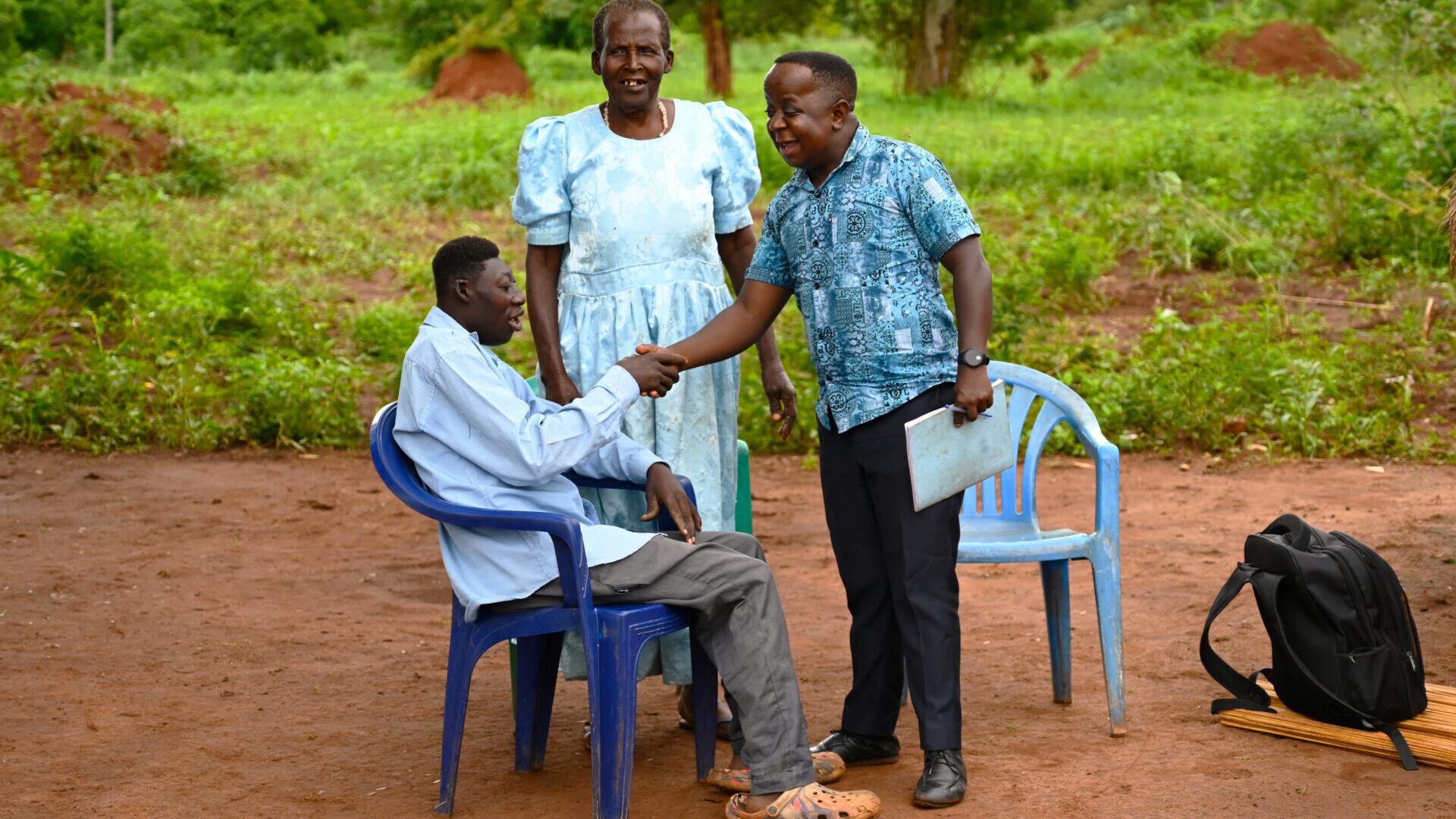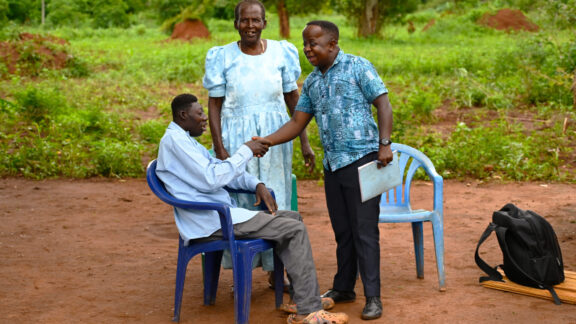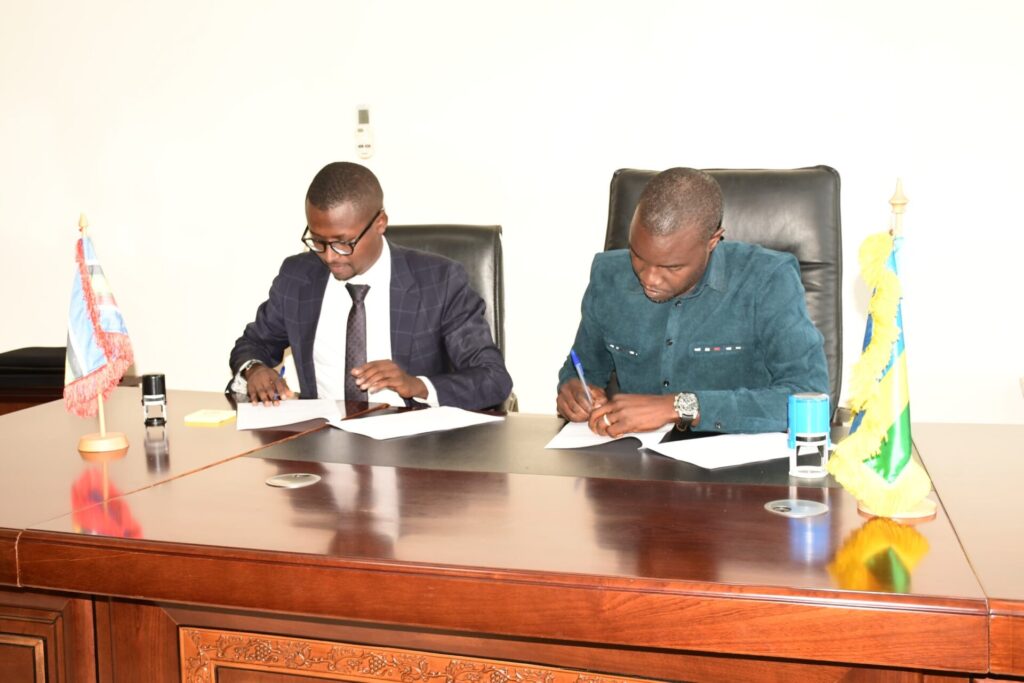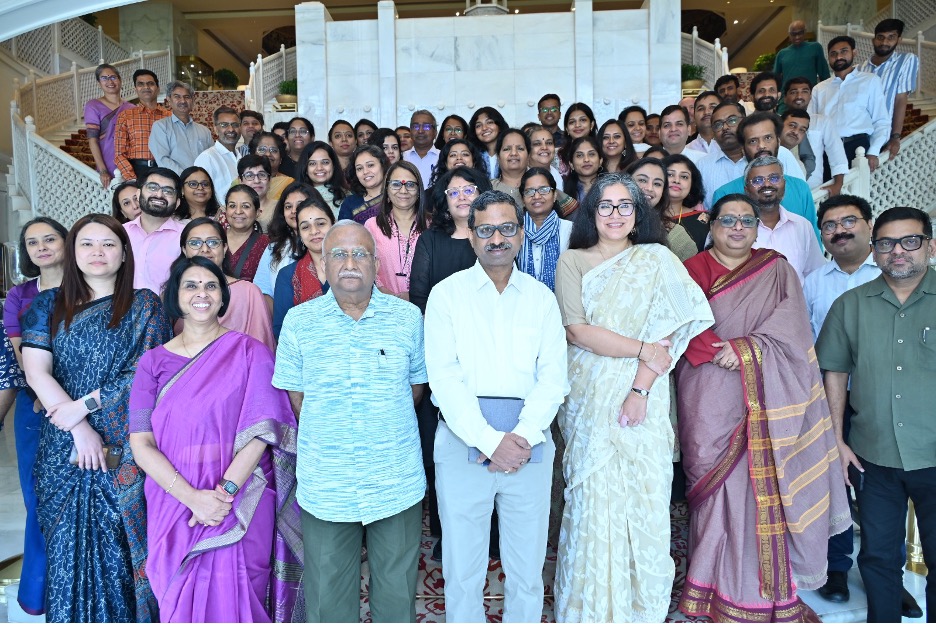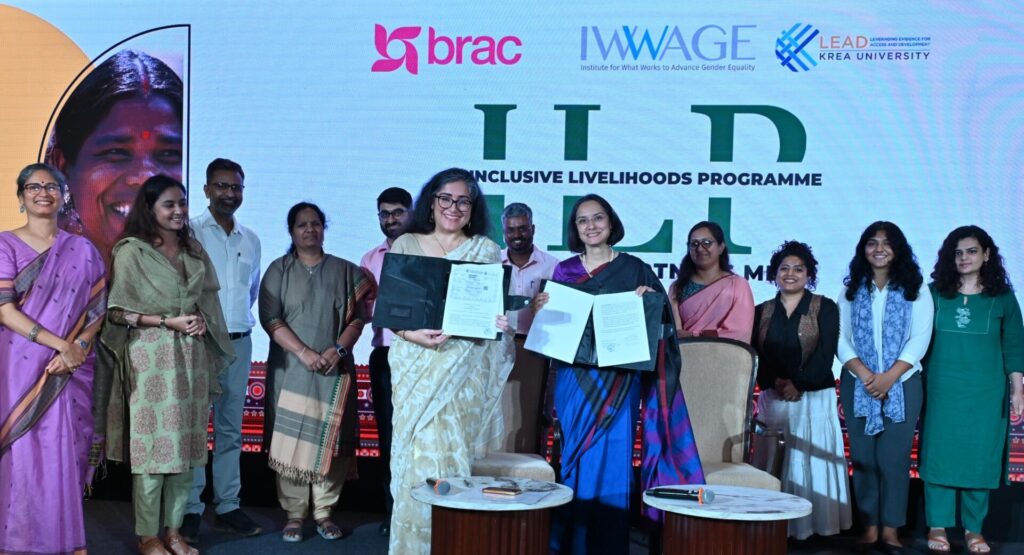By Wambi Michael, Journalist | Inter Press Service
This article originally appeared in Inter Press Service News Agency on June 14, 2022. Read it here.
Oyam & Gulu, Uganda , Jun 14 2022 (IPS) – Lawrence Akena was born 32 years ago with microcephaly. Because of his neurological condition, he didn’t go to school or benefit from skills training.
The exclusion meant Akena survived on handouts and was one of the young persons living in extreme poverty in Kamdini sub-county, Uganda.
“He would leave home early morning for Kamdini corner just to loiter in the township. At times he would spend nights there until I picked him (up and brought him) back,” says Akena’s mother, Lili Iram.
Akena’s condition, microcephaly, affects children born with a small head or a head that stops growing after birth. It can result in epilepsy, cerebral palsy, learning disabilities, hearing loss and vision problems.
The 76-year-old mother says things have changed now. BRAC, the largest NGO in the Global South, selected him among persons with disabilities to benefit from Disability Inclusive Graduation (DIG) project.
BRAC Uganda, the National Union of Women with Disabilities of Uganda (NUWODU), and Humanity & Inclusion (HI, formerly Handicap International) have implemented DIG in selected districts in once war-torn Northern Uganda since 2018. UK Aid has funded DIG through the Inclusive Futures initiative, Cartier Philanthropy and Medicor Foundation, and Sight Savers.

